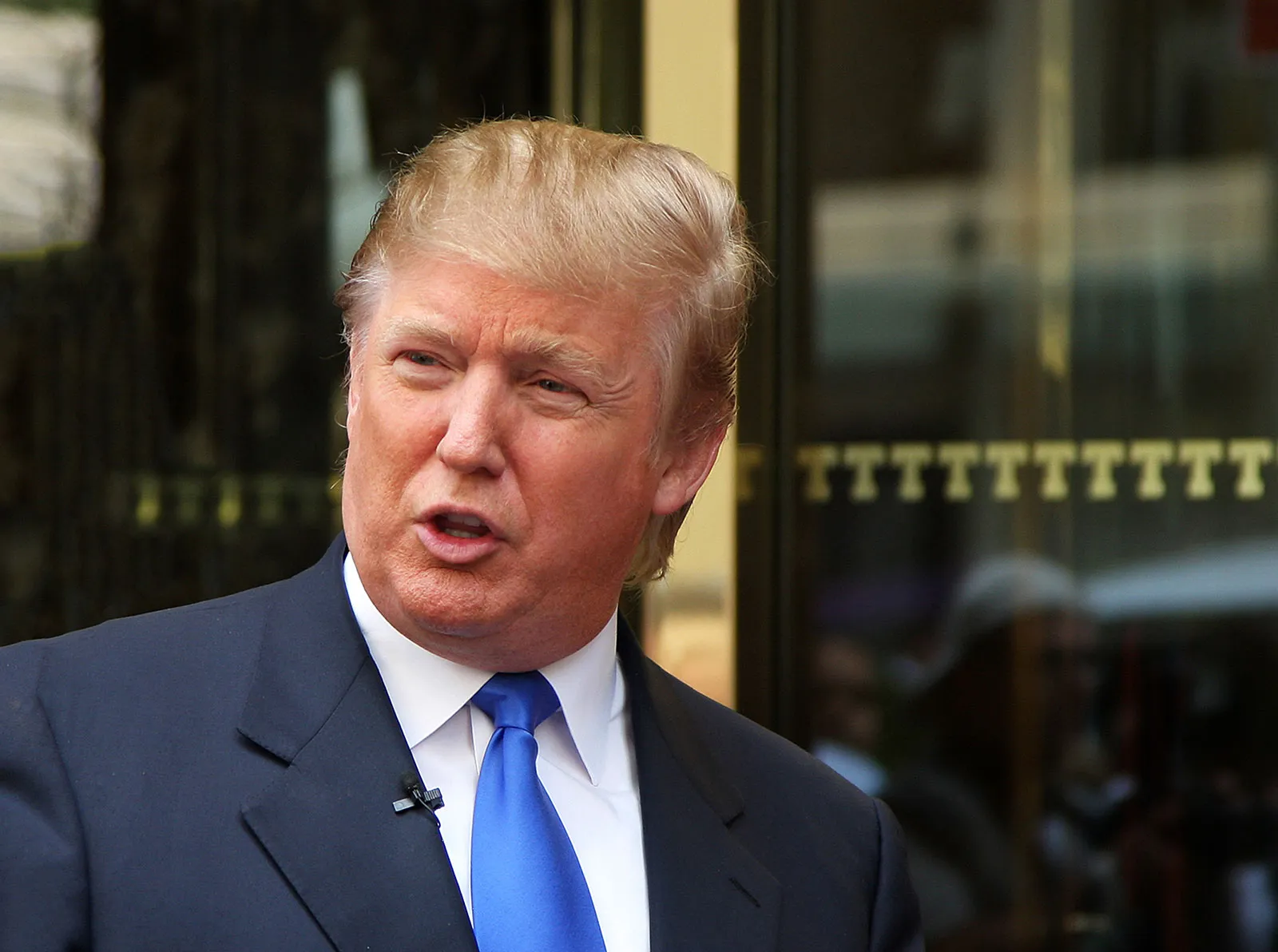Legal organizations in Washington state are raising concerns over former President Donald Trump’s executive order targeting Perkins Coie, Seattle’s largest law firm. The firm, headquartered at 1201 Third Ave., employs more than 2,400 people across 21 offices in the U.S. and abroad.
Trump’s order, titled “Addressing Risks from Perkins Coie LLC,” seeks to penalize the firm, citing its past representation of Hillary Clinton’s 2016 presidential campaign and its involvement in commissioning the controversial Steele dossier. The order alleges that the firm’s actions were part of an effort to interfere with the election. In response, Perkins Coie has filed a lawsuit in federal court in Washington, D.C., challenging the order.
Federal Judge Beryl Howell temporarily blocked the order, warning that it could create a “chilling harm of blizzard proportions” by discouraging legal representation.
The Washington State Bar Association’s board also issued a strong statement, calling Trump’s move a “dangerous strike against an impartial and independent justice system.” Nearly all board members from across the state supported the statement.
Similarly, the Seattle chapter of the National Lawyers Guild expressed alarm, stating that if Trump succeeds in targeting a “well-respected, major, and essentially centrist law firm,” it could embolden further attacks on the broader legal system, including judges, attorneys, and government officials.
Washington Attorney General Nick Brown joined other state attorneys general in opposing the order, arguing that the court must prevent the president from using executive power for “personal and political retribution” against his adversaries.
Legal Concerns Over Executive Order
Chris Geidner, a Washington, D.C.-based journalist and legal analyst, noted that Trump’s directive goes beyond a previous order targeting another law firm by pressuring Perkins Coie’s clients. The executive action mandates that government contractors, including major Seattle-based corporations, disclose any business relationships with the firm to federal agencies. Perkins Coie argued in court that this requirement poses an “existential” threat to its business.
During the federal court hearing, Attorney General Pam Bondi’s chief of staff, Chad Mizelle, defended the order, claiming it was necessary for national security. However, Judge Howell determined that the measure was rooted in a personal vendetta rather than legitimate governmental interest.
Perkins Coie sought an emergency restraining order on three provisions of the directive, which Howell granted. She found that Trump’s order likely violates the First Amendment’s protections for free speech and association, the Fifth Amendment’s due process rights, and the Sixth Amendment’s right to legal counsel.
To ensure compliance, Howell explicitly instructed the Trump administration to inform all recipients of disclosure requests that they are not required to comply. Additionally, the Justice Department must submit a status report detailing its efforts to uphold the order.
Case Moves Forward as Firm Stands Its Ground
The case is expected to advance swiftly, as both parties have agreed to bypass the preliminary injunction stage and move directly to arguments on the merits. Geidner suggested that Judge Howell is pushing for a rapid resolution, likely anticipating an appeal from the losing party.
Meanwhile, Perkins Coie’s managing partner, Bill Malley, issued a statement thanking supporters in the legal community.
“We are grateful for the outpouring of support and offers of assistance following the issuance of last Thursday’s Executive Order. I have never been prouder to stand with my firm and others in the legal community in support of our people, our clients, and our profession,” Malley stated.
The case remains a flashpoint in ongoing debates over the role of legal representation in politically charged cases and the limits of executive authority.







